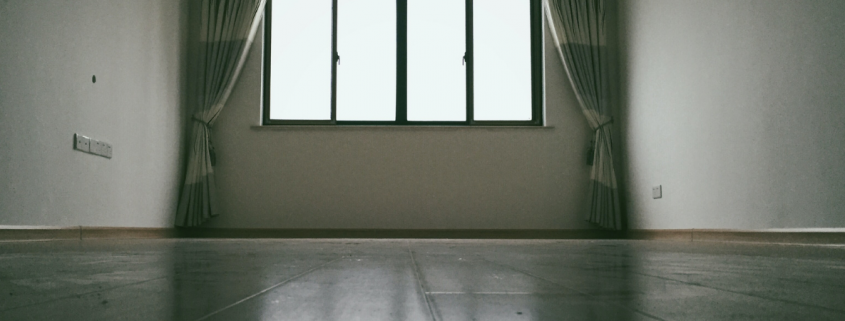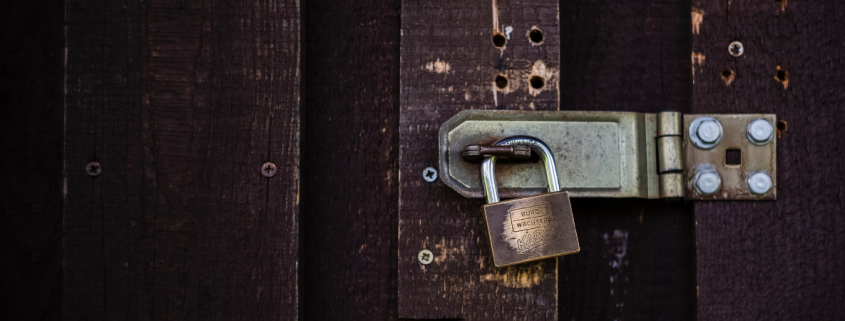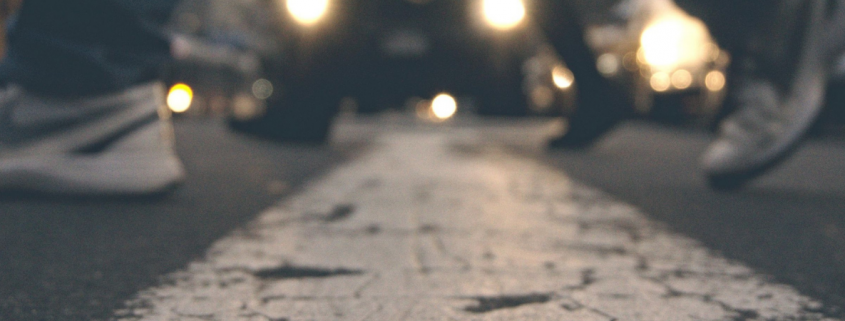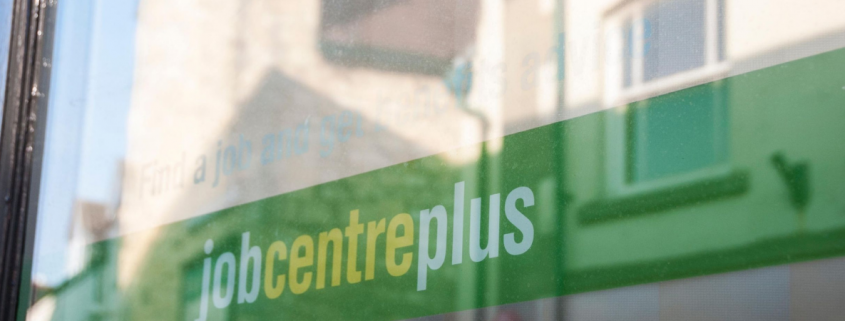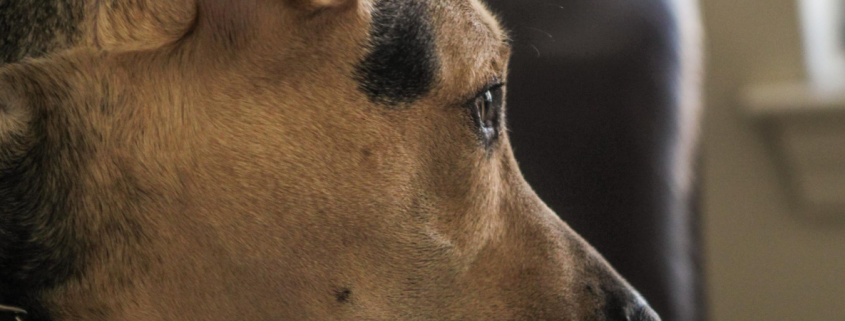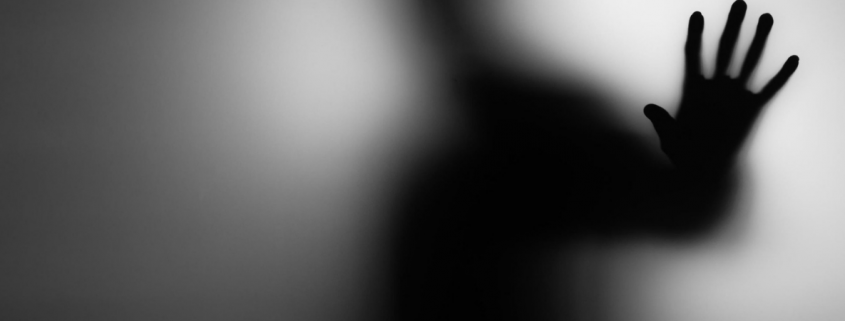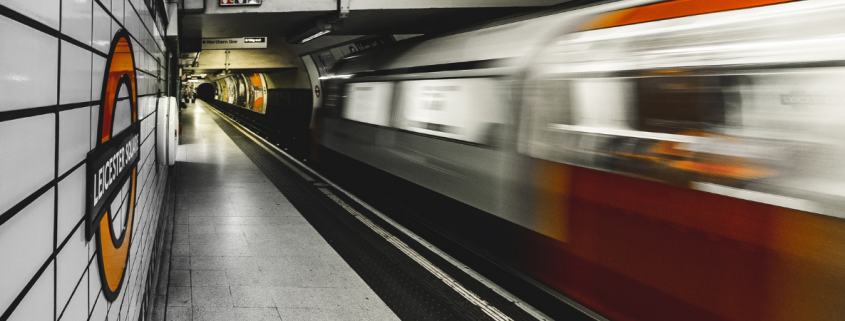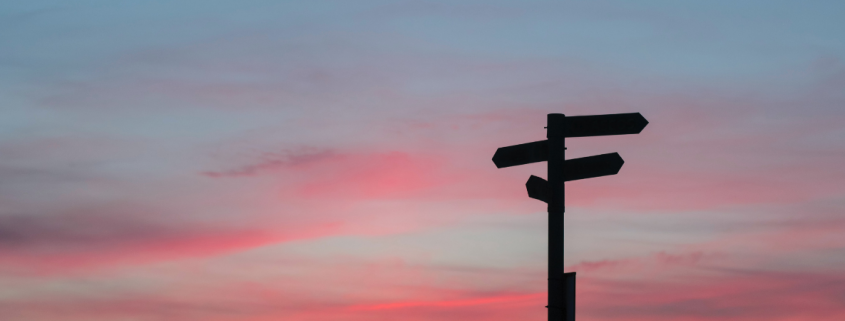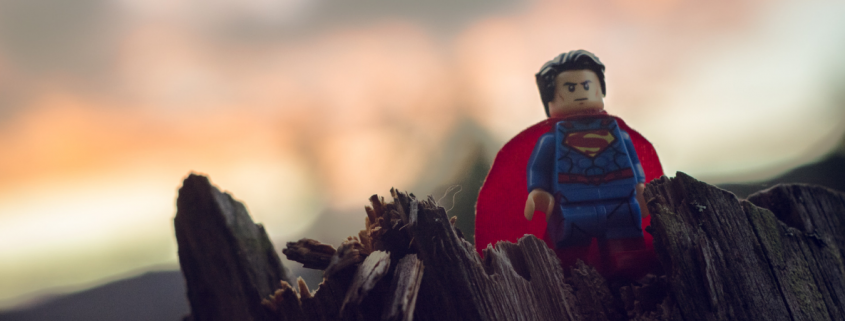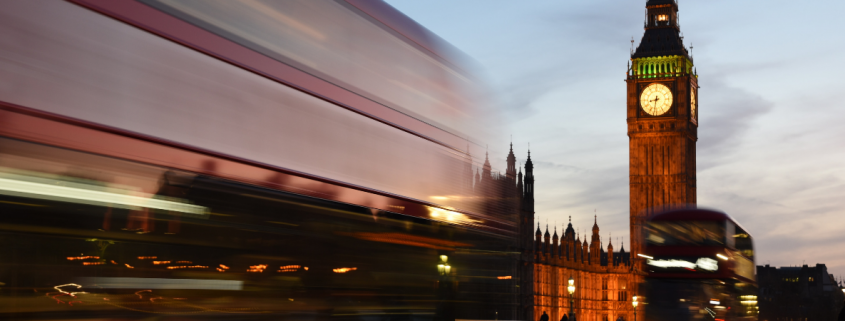To conclude
The experiences people shared with Mayday were both positive and negative. For some COVID and the response of the organisations involved had resulted in a fresh start, an opportunity for people to move on with their lives. Many people praised the work of key workers and outreach teams for doing their best in an impossible situation and offering people a human connection, reassurance and advice.
However, for many people, COVID-19 was another example of the system failing to work. People shared anger, disappointment and despair at the situation. But people weren’t surprised. People expressed that feeling out of control, scared, and isolated is the norm for many people experiencing homelessness and COVID-19 didn’t change anything.
One of the most common themes throughout these conversations was the difference in experience between those who stayed in hotels during lockdown and those who were moved into hostels. When people were provided with their own space, security and a bit of stability in hotels many felt able to look towards the future. Whilst people staying in hostels appeared to be exhausted and overwhelmed by their living situation, many feeling they had no choice but to return to the streets, or that it was inevitable.
We heard how people appreciated the efforts of those who work in the system, making a difference where they can and doing some great work, clearly, a huge amount of work was done very suddenly when lockdown hit. Paradoxically while grateful to their key workers, many people then went on to explain what their key worker couldn’t do or what they had to do (which the person often didn’t want or need) because of the system, seeming to understand the rules of the system and how it restricted what was on offer.

